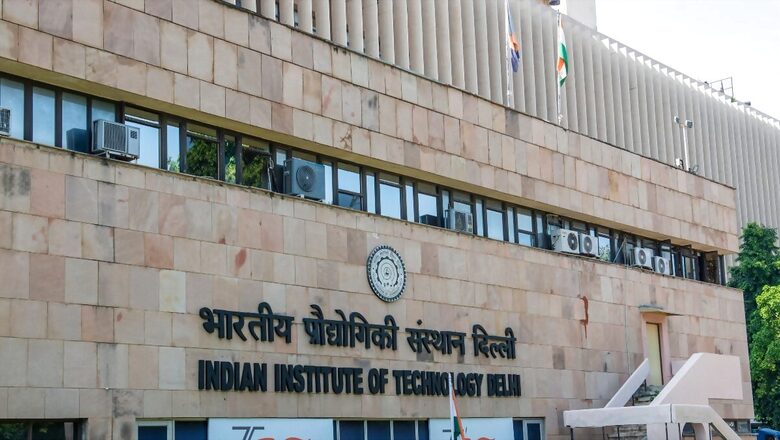
views
The Indian Institute of Technology (IIT) Delhi has relaxed the overall Cumulative Grade Point Average (CGPA) criteria for academic performance, allowing students to obtain a graduation degree by just passing all required courses, marking a significant policy change aimed at addressing mental health issues following recent cases of student suicides on campus.
Previously, a minimum CGPA of 5 was required to earn a degree. However, under the new policy, students can now be granted their degree with a CGPA of 4. The decision to implement this new rule was made earlier this year by the institute’s senate, which is the highest decision-making body of an IIT for all academic purposes.
Passing in all required courses will account to a CGPA score of 4, which is now the minimum criteria for obtaining a graduation degree.
CGPA is an index of a student’s academic performance, which reflects throughout their course duration.
‘A crucial policy change’
“This is a crucial policy change that has been brought about to extend support to students. This means their academic progression will be monitored and those struggling to get that CGPA 5, as was the case until now, will not need to stress about getting their graduation degree, as they would be required just to pass all the courses they have opted for in order to receive their degrees. This is a big change from what we used to do earlier,” said Professor ND Karur, Dean (Academics) at IIT Delhi.
Karur further added that the new approach will allow students to progress at their own pace. “Those who are struggling will be monitored and assigned advisors to help manage their academic progress,” he said.
IIT Delhi Director Rangan Banerjee noted that the institute has also revised its re-start and termination policies. “This means that we will allow students to progress academically putting them on probation period. So, in-principle there is no termination as such on this basis,” Banerjee said.
“In the senate we have also added the provision that subject to academic units agreeing if a student has failed some courses, they will be allowed to opt for similar courses to complete their degrees. So, we are trying to simplify processes for students,” he added.
The change in grading criteria was one of the major demands made by students, who had flagged several issues including the grading policy, social isolation, and the need for a system to provide feedback on faculty members. These concerns were discussed during an open house with the institute director this February. The open house was conducted after several incidents of student suicides over the past year.
In 2024 alone, five student suicides have already been reported across various IITs, including two in Kanpur, and one each in Delhi, BHU, and Roorkee—all first-generation IITs. A significant number of these students belong to reserved categories.
In December of last year, IIT Delhi established an ‘Academic Progress Group’, comprising faculty members and student mentors to assist those struggling with backlogs and extended degrees. This group identifies struggling students from each department and provides them with support throughout their programme.
“Currently, there are around 30-35 students in the Academic Progress Group from different departments. They have been assigned mentors for guiding them through the courses they have not been able to make progress in. One of these students has done so well on being guided that he himself has become a mentor now. For those allowed to stay with a parent the number is less than ten,” said a faculty member, requesting anonymity.
In “exceptional cases” it also allowed students to stay with a family member on campus and reserved hostel seats for those on extended degrees beyond the regular semester duration to help them complete their degrees.
IIT Delhi will host its annual convocation ceremony on August 10, where 2,600 students will receive their degrees at the 55th convocation.










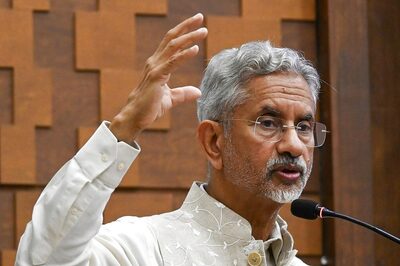
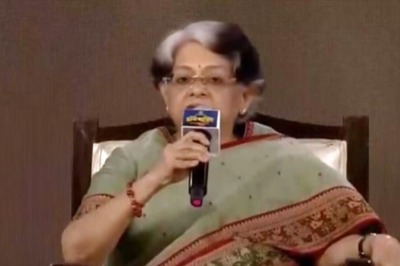


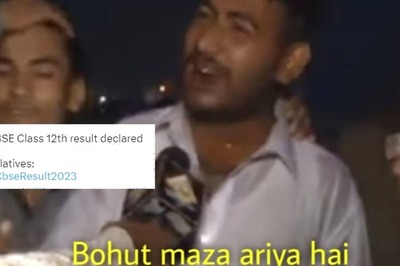
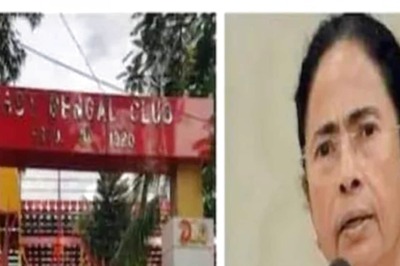
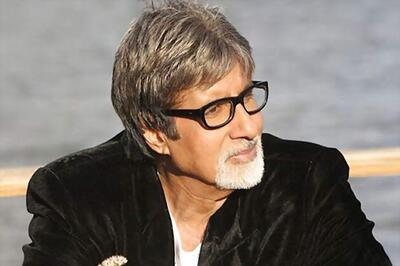



Comments
0 comment